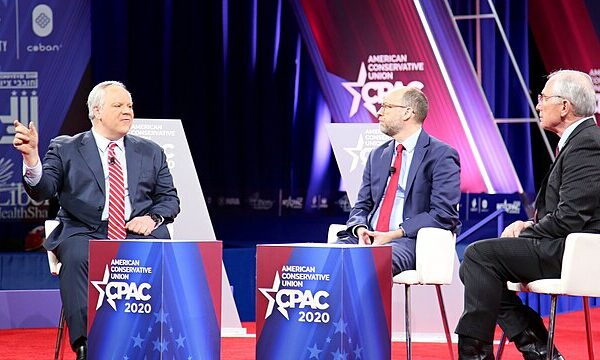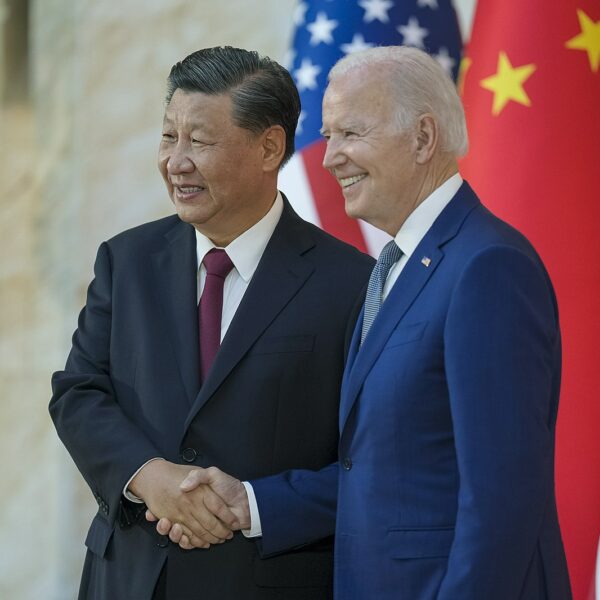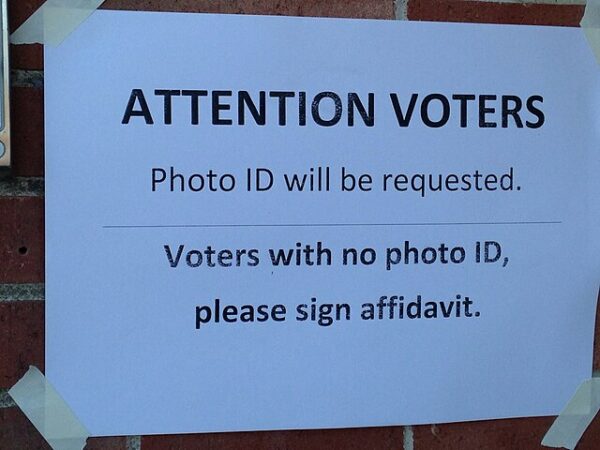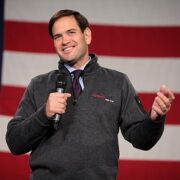
Kamala Harris has pulled back the curtain on one of the most consequential choices of her truncated 2024 presidential bid: selecting Minnesota Gov. Tim Walz as her running mate.
And it’s not pretty.
In her new memoir, 107 Days, released Tuesday, the former vice president describes a compressed vetting process that pitted Walz against finalists such as Pennsylvania Gov. Josh Shapiro and Arizona Sen. Mark Kelly. Walz prevailed, Harris writes, not through polish or pedigree but because of what he lacked—an appetite for the presidency itself.
“It was quickly clear to me that Tim had walked into that room feeling he wouldn’t get the job,” Harris recalls of their first meeting, according to The Daily Caller. “The first thing he said as he sat down—I don’t even know if the door had closed behind him—was: ‘Whether or not you pick me, I’m going to do everything I can to get you elected.’”
Walz, she notes, freely listed his shortcomings. “‘I’m not a good debater.’ ‘I’ve never used a teleprompter,’” Harris writes, adding that while “he was less polished than Josh,” his “appealing authenticity” and genuine self-deprecation stood out.
Harris portrays Shapiro as poised, brilliant, and an energetic campaigner. But their meeting raised doubts. “He peppered me with questions, trying to nail down, in detail, what role I saw for my VP. At one point, he mused that he would want to be in the room for every decision. I told him bluntly that was an unrealistic expectation. A vice president is not a copresident.” That exchange left her uneasy. “I had a nagging concern that he would be unable to settle for a role as number two,” she writes.
Kelly, for his part, inspired admiration for his astronaut career but skepticism about his political toughness. Harris wondered aloud whether a man “used to deference and respect” could withstand “a national campaign specifically designed to disrespect him, to cut a hero down to something small.”
But nothing topped the former vice president’s comments about Pete Buttigieg, whom she said she didn’t pick because he was gay.
Kamala Harris claimed she was so worried that Buttigieg would face discrimination for being gay and damage her campaign that she… discriminated against him for being gay.
She did exactly what she said she was worried about happening. Amazing.pic.twitter.com/YYvDS5ZeVg
— Colin Wright (@SwipeWright) September 23, 2025
By contrast, she wrote, Walz offered nothing threatening to Harris and humility if she won the White House. Harris highlighted his pledge that he “had no ambition to be president” and would define the vice presidency in whatever way she found most useful. “It’s no bad thing for a vice president to want to be president,” she reflects, “unless that ambition plays a corrosive role in the relationship and causes disloyalty. That wouldn’t be an issue with Tim.”
She also leaned on trusted voices—senior aides, her husband Doug Emhoff, and even her 17-year-old godson, whom she calls a cultural barometer. Most sided with Walz. Still, Harris made the final call alone. “It was always going to have to be my decision. I told my staff and family that I didn’t want any more input, and I went to do something practical: I made a tasty rub and seasoned a pork roast. By the time I went to bed, I’d decided on Walz.”
Later in the book she writes that Walz was dismayed after losing the vice presidential debate, according to The Guardian.
But Vance, previously vicious in attacking Harris, came with a strategy to tone down the anger and insults that characterise his boss, Donald Trump. Instead the Ohio senator presented himself as mild-mannered and eager to find common ground with Walz.
“When Tim fell for it and started nodding and smiling at JD’s fake bipartisanship, I moaned to Doug, ‘What is happening?’” Harris writes.
“I told the television screen: ‘You’re not there to make friends with the guy who is attacking your running mate.’”
While Vance twice got fact-checked by the moderators, Walz ended up defending his record as governor of Minnesota, she continues. “Then he fumbled his answer when the moderator, predictably, questioned why he had claimed to be in Hong Kong during the democracy protests in Tiananmen Square.”
Instead of simply saying he had got his dates mixed up and taking the opportunity to highlight human rights in China, Walz “talked about biking in Nebraska”.
107 Days provides a rare inside look at one of the shortest and most chaotic, worst-run presidential campaigns in modern history.
[Read More: Google Admits To Censoring One Side]











